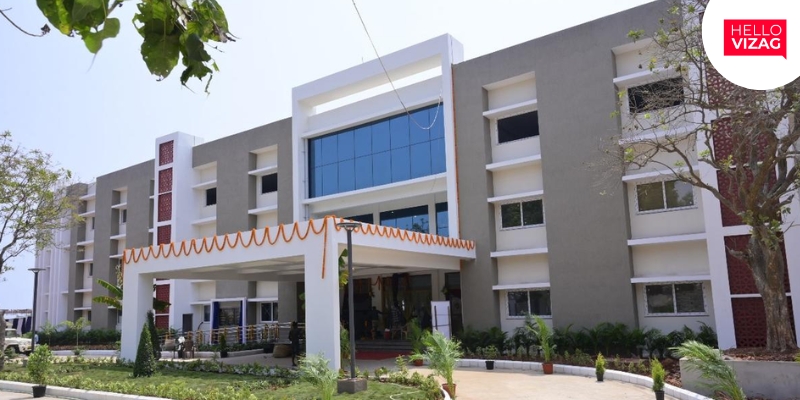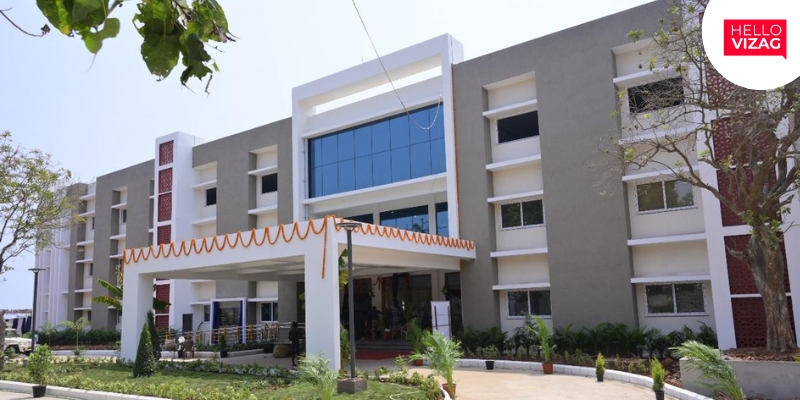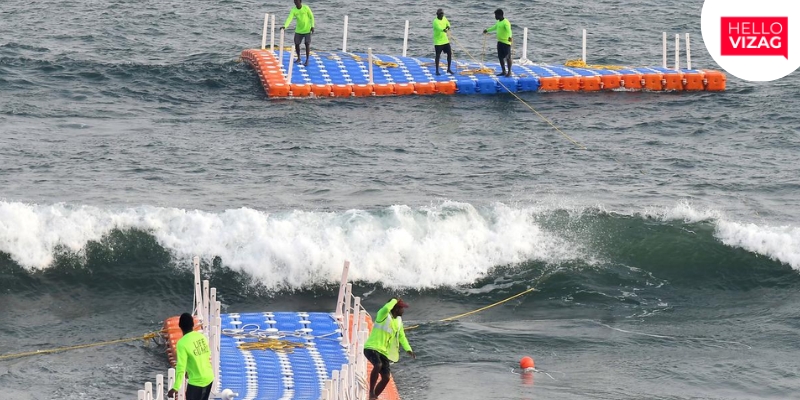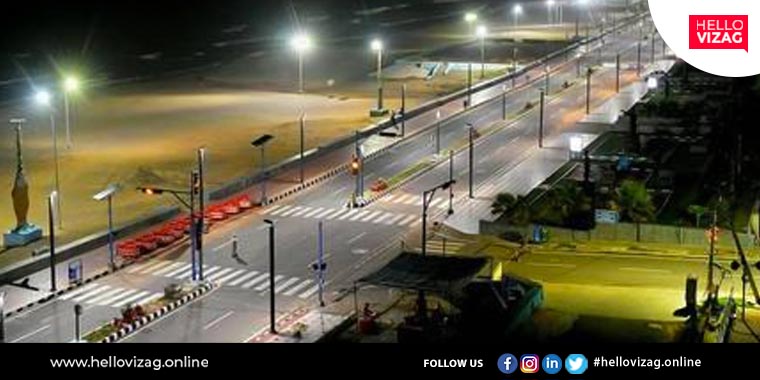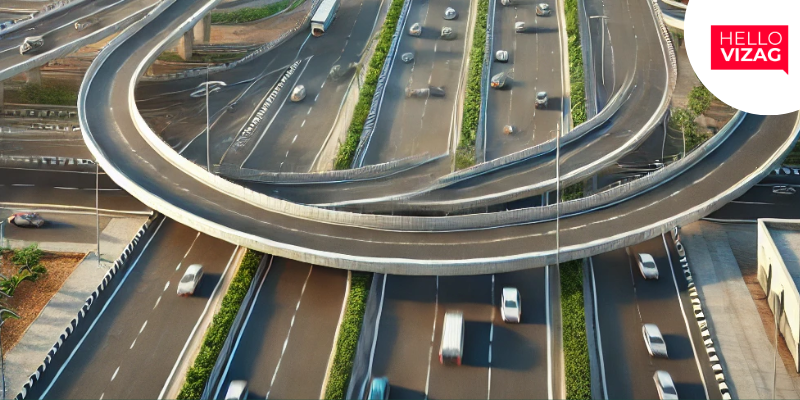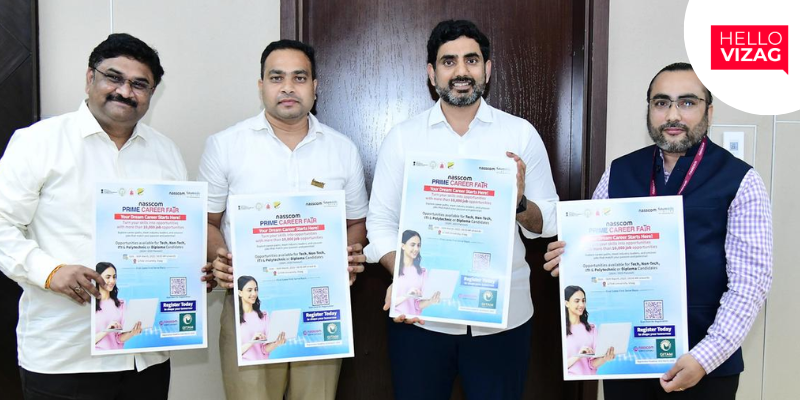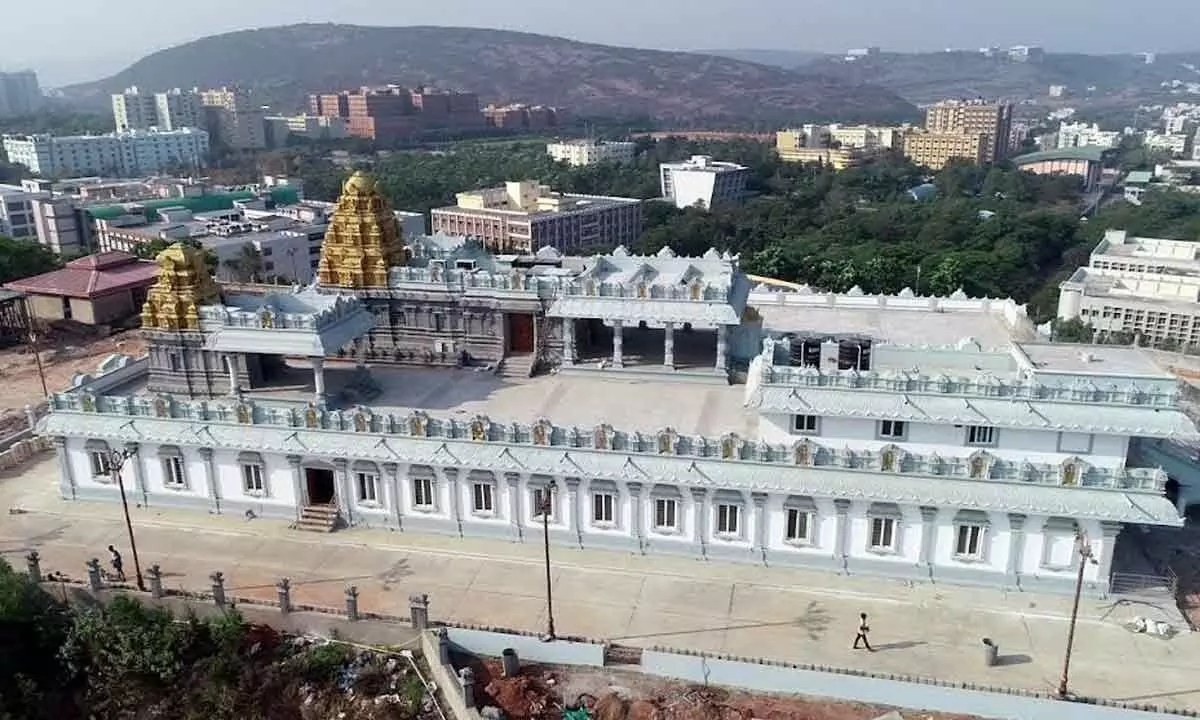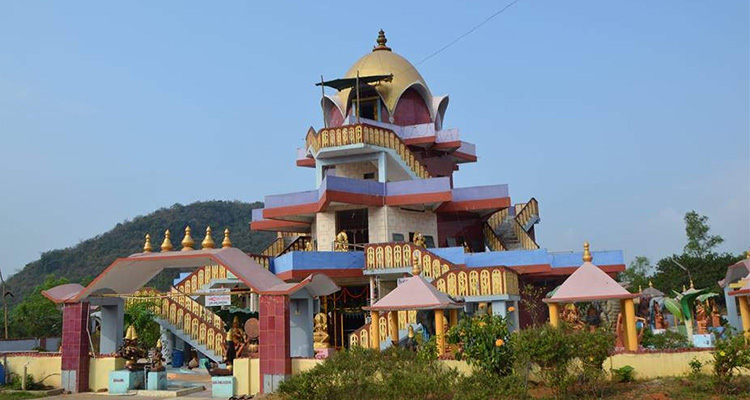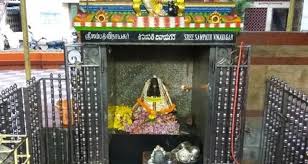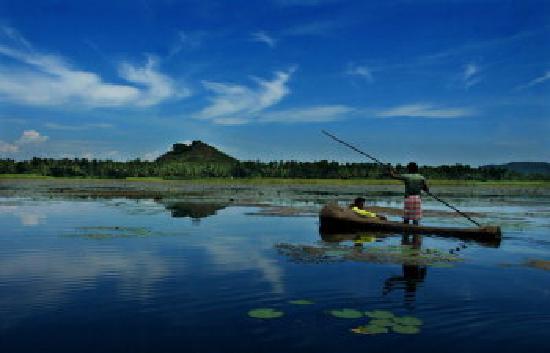Union Earth Sciences Minister Kiren Rijiju Inaugurates Coastal Research Lab in Vizag
The ceremony, held on Tuesday, included the laying of the foundation stone for additional facilities on the campus, such as a collaborative training facility for NCCR and the India Meteorological Department (IMD), research centers, and administrative buildings.
The bhoomi puja for this facility took place in March last year, and construction was completed within a year.
The inauguration ceremony, attended by MoES Secretary Dr. M Ravichandran and NCCR Director Dr. MV Ramana Murthy, was conducted in the presence of esteemed guests.
Situated in a picturesque location overlooking the Bay of Bengal at Dolphin’s Nose, the coastal research laboratory spans 5.5 acres and is equipped with facilities for multidisciplinary research, including coastal water quality monitoring, marine ecology, ecotoxicology, molecular biology, and climate change studies.
The joint training facility for NCCR and IMD is envisioned as a unique resource hub for stakeholders, enhancing coastal literacy among citizens and training the next generation of researchers in coastal and atmospheric sciences.
Recognizing the growing staff and expanding research activities of NCCR, the existing facility in Visakhapatnam became inadequate.
This led to the establishment of a dedicated, state-of-the-art center by the Ministry of Earth Sciences (MoES).
NCCR-CRL, with its dedicated team of scientists and strong institutional support, is well-positioned to address critical coastal issues and contribute to the nation’s blue economy vision.
The MoES established NCCR to address coastal research needs and societal concerns of the country. Founded in 1998, it has now served for 25 years.
NCCR has established itself as a leader in various domains, including coastal and marine pollution monitoring and prediction, coastal processes and shore protection measures, coastal hazards and vulnerability, coastal habitat and ecosystems, integrated coastal zone management, and marine spatial planning.
As India embraces the blue economy, assessing coastal and marine water quality becomes increasingly crucial for ensuring a healthy environment conducive to various economic activities, including fisheries, harbors, tourism, and infrastructure development.
For More Updates: Follow Us https://www.instagram.com/hellovizag.in/

 Team Hello Vizag
Team Hello Vizag
